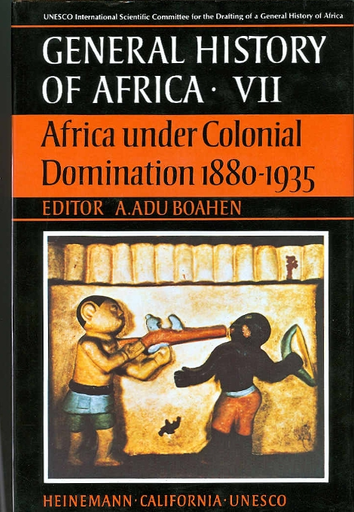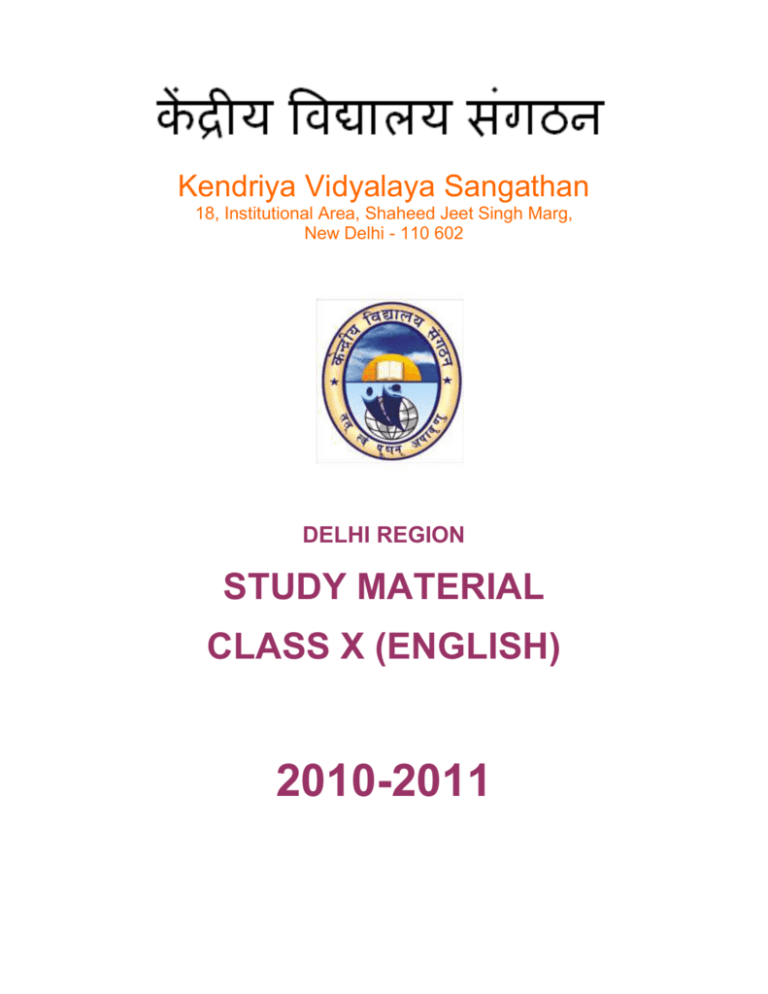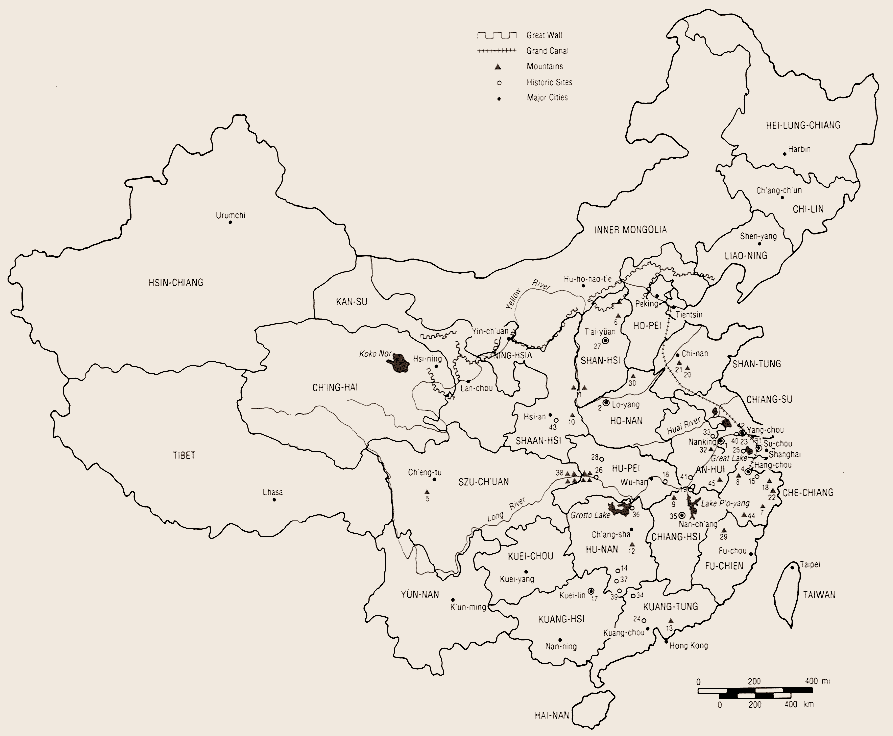The English presence in China during the 19th and early 20th centuries played a significant role in hastening the fall of the Qing Dynasty, which ruled China from 1644 to 1912.
One of the main ways that the English presence in China contributed to the fall of the Qing Dynasty was through the influence of Western ideas and values. Many Chinese intellectuals and reformers were exposed to the ideas of democracy, individualism, and capitalism through their interactions with English traders and missionaries, and they began to question the traditional Confucian values and institutions of the Qing Dynasty. This led to a growing sense of discontent and unrest among the Chinese population, as more and more people began to demand political and social reform.
Another way that the English presence in China contributed to the fall of the Qing Dynasty was through the economic impact of foreign trade. The Qing Dynasty had traditionally relied on a system of tributary trade, in which foreign merchants were allowed to trade only through designated ports and were required to pay tribute to the Chinese government. However, the English and other Western powers began to push for more favorable trade terms and greater access to China's markets, leading to a series of unequal treaties that severely disadvantaged China and gave foreign powers significant economic and political leverage. These treaties, along with the opium trade and other forms of foreign economic exploitation, contributed to China's economic decline and weakened the Qing Dynasty's hold on power.
Finally, the English presence in China also contributed to the fall of the Qing Dynasty through military intervention. In the late 19th and early 20th centuries, China was faced with a series of internal and external crises, including the Taiping Rebellion, the Boxer Rebellion, and the invasion by foreign powers. In each of these cases, the English and other Western powers intervened militarily to protect their interests, further undermining the Qing Dynasty's authority and stability.
In conclusion, the English presence in China during the 19th and early 20th centuries played a significant role in hastening the fall of the Qing Dynasty. Through the influence of Western ideas, economic exploitation, and military intervention, the English and other Western powers contributed to the decline of the Qing Dynasty and paved the way for the eventual collapse of the dynasty and the rise of the Republic of China.






